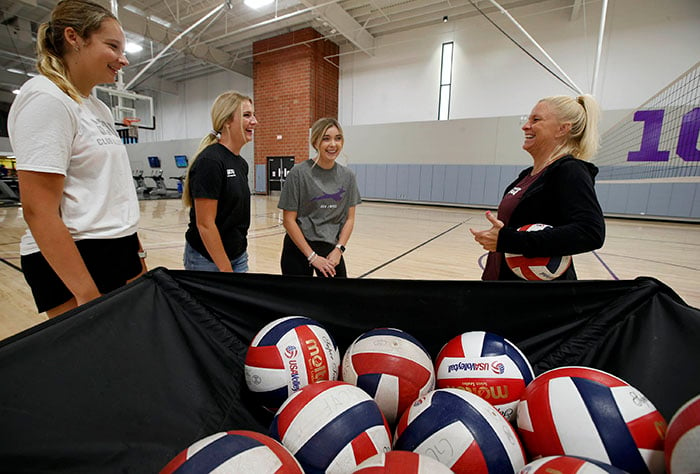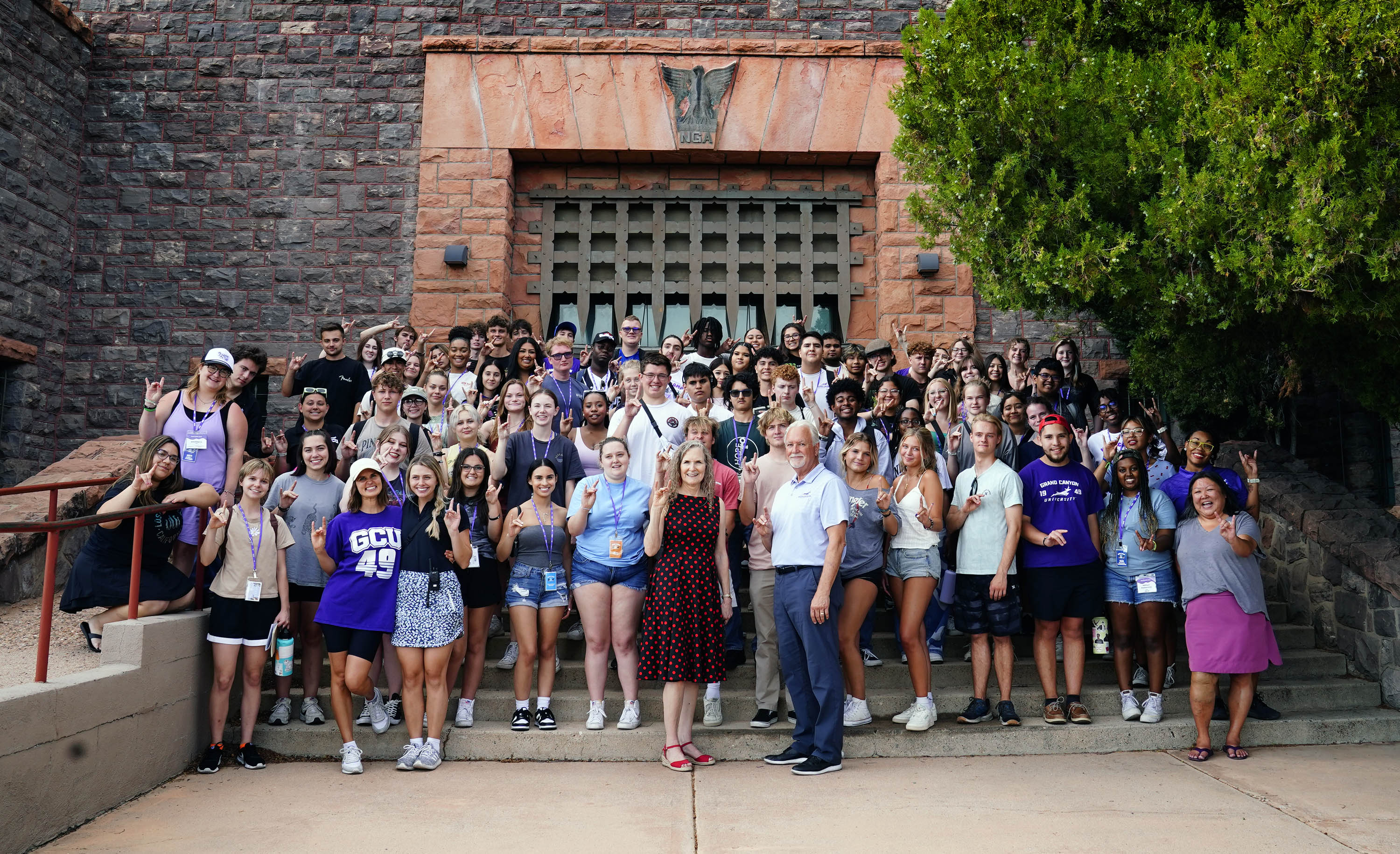By Christine Pemberton
GCU Office of Student Care
#Askingforafriend
Webster defines empathy as: the action of understanding, being aware of, being sensitive to and vicariously experiencing the feelings, thoughts and experience of another of either the past or present without having the feelings, thoughts and experience fully communicated in an objectively explicit manner.
Empathy often can get confused with sympathy. While they sound similar, there are some subtle differences that are important to know. Sympathy implies sharing or having the ability to share the feelings of another, whereas empathy asks us to imagine what it might feel like to be the other person or experience what they are feeling.
Empathy is a practice, it is an action. It requires us to be intentional in our communications with others to avoid minimizing their experiences because we are uncomfortable, and instead to say, “What you are experiencing sounds very difficult. How can I help?” or “Thank you for sharing that with me. What do you need?”
At times we can feel awkward when someone shares something we haven’t experienced, and we often default to one of two things -- silence or minimization. We’ve all done it. We get so afraid to say the wrong thing, feel fearful that we don’t have “the right thing” to say, or we don’t have an answer or a way to fix it so we avoid the topic or the person altogether.
It seems we think we only can offer support if we know exactly what another person is going through, which is false.
Think back to a time when you were struggling through a difficult time. What did you need in that moment?
If I had to guess, you didn’t need someone who had the same experience or feelings as you. My guess is that it was someone to sit with you and let you talk, grieve or be angry -- someone to listen and offer support just by being present with you.
With all that is happening in the world today, now seems like a good time to stop trying to find the “right answer” and, instead, try to find out where we can begin to practice empathy.
How can we listen or offer support without the limitations of needing to have the right or correct thing to say? Let’s practice empathy, which allows us to learn from each other and, as a result, build stronger relationships.










